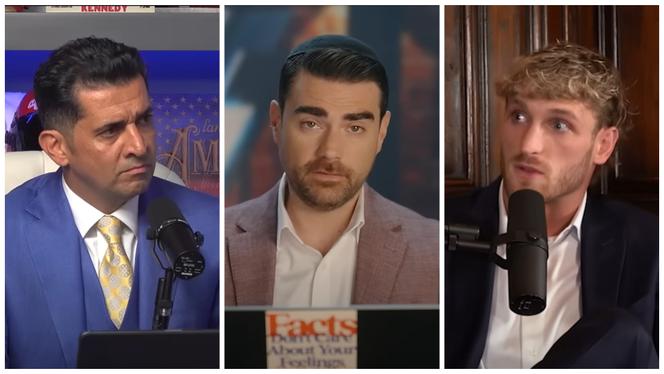


The final sprint of the United States presidential election, leading up to Donald Trump's victory on Wednesday, November 6, made for some especially intense weeks. While wrapping up their final rallies, the Republican candidate and his Democratic rival, Kamala Harris, stepped up their communication efforts across social media platforms. Thus, part of this final battle played out across a raft of conservative internet podcasts, at the behest of the president-elect's campaign team.
In October alone, Trump was invited as a guest on nine such podcasts, and his running mate, JD Vance, appeared on four. These increasingly popular programs, which are most often produced in both audio and video format as lengthy one-on-one interviews, were hosted by the likes of Trump-supporting journalist Tucker Carlson, comedian Theo Von and sports commentator Joe Rogan. In the week following the election, 9 of the 15 most listened-to podcasts on Spotify were political ones – and all of them leaned conservative.
The podcast genre has been booming across the Atlantic, with 47% of Americans, including nearly 60% of those under 35, having listened to at least one such program in October, according to figures from the market research company Edison Research, as cited by the Wall Street Journal. These conservative podcasts may, therefore, have played an important role in Trump's success. Indeed, on election night, Trump had Dana White, CEO of the Ultimate Fighting Championship (UFC) organization and a loyal Trump supporter, thank a list of podcasters and influencers who had, in recent months, largely promoted his ideas.
Sébastien Mort, a senior lecturer at the University of Lorraine specializing in US media and politics and the author of Ondes de choc. Histoire médiatique et politique de la radio conservatrice aux Etats-Unis
("Shock waves: Media and political history of conservative talk radio in the US"), has studied how these thought leaders have formed an alternative media ecosystem. He observed how this new "media war machine of unparalleled efficiency and robustness" evolved from the work of talk-radio host Rush Limbaugh.
In 1988, this media figure, a close associate of the Republican Party, took advantage of the repeal of a doctrine that required broadcasters to balance their coverage of controversial issues to start a program, the "Rush Limbaugh Show." For years he used this platform to comment on current events in a highly personal manner, with a heavy dose of excessive rhetoric and entertainment value. Six years later, the Republicans conquered the House of Representatives, after decades of a Democratic party majority. This success has been credited to Limbaugh, and his method is still being copied: In 2016, at the same time as Trump came to power, figures such as journalist Ben Shapiro, ex-policeman Dan Bongino and activist Charlie Kirk emerged on the airwaves with shows of their own, leading a swarm of online podcasters to follow in their footsteps.
You have 60.3% of this article left to read. The rest is for subscribers only.
